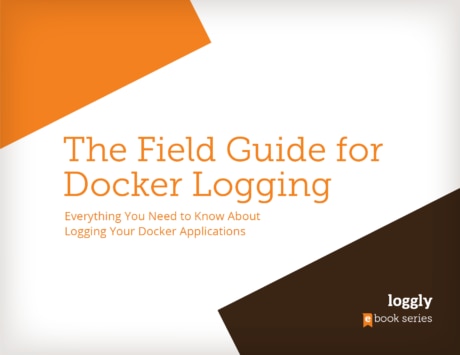Introducing the Field Guide for Docker Logging
How important is it for Docker Logging? Docker is undoubtedly one of the most significant technology trends in the software industry. Interest has grown as developers have moved the needle from hype to reality. To date, two billion Docker images have been pulled from Docker Hub, Docker’s public repository of pre-built images. And according to a survey in a recent O’Reilly report (The State of Containers and the Docker Ecosystem: 2015):
- 65% of individuals surveyed use containers in their organizations. These organizations range from one to more than 10,000 employees across a range of industries including software, education, and government.
- 53% plan to use containers in a production environment within the next 6-12 months. This is up from the 40% of respondents who currently use containers in production.
Docker, and microservices, in general, comes with big benefits. However, the ecosystem is still constantly evolving. Many organizations find it difficult to effectively manage a large number of containers, especially when it comes to monitoring those containers.

Logging especially requires a much different approach in a microservice architecture than in a traditional architecture. Each container generates its own set of logs, making it difficult to combine log data from multiple containers. And while virtual machines present a similar problem, containers are more lightweight, more mobile, and less persistent in a large environment. Organizations must think differently about how they implement, centralize, and analyze log data.
Loggly recognized that the Docker ecosystem needs best-practice approaches to logging Docker implementations and managing those logs, so we decided to share our insights in a new ebook.
In this Docker Logging ebook, we cover:
- Why microservices demand robust logging
- What to log in your Docker applications
- Five methods for centralizing your Docker logs with a log management service
- How logging fits into an overall DevOps strategy
We hope you’ll find this ebook to be full of useful information. Please give us feedback in the comments section, over Twitter, or using your favorite communications channel!
The Loggly and SolarWinds trademarks, service marks, and logos are the exclusive property of SolarWinds Worldwide, LLC or its affiliates. All other trademarks are the property of their respective owners.
Sven Dummer


